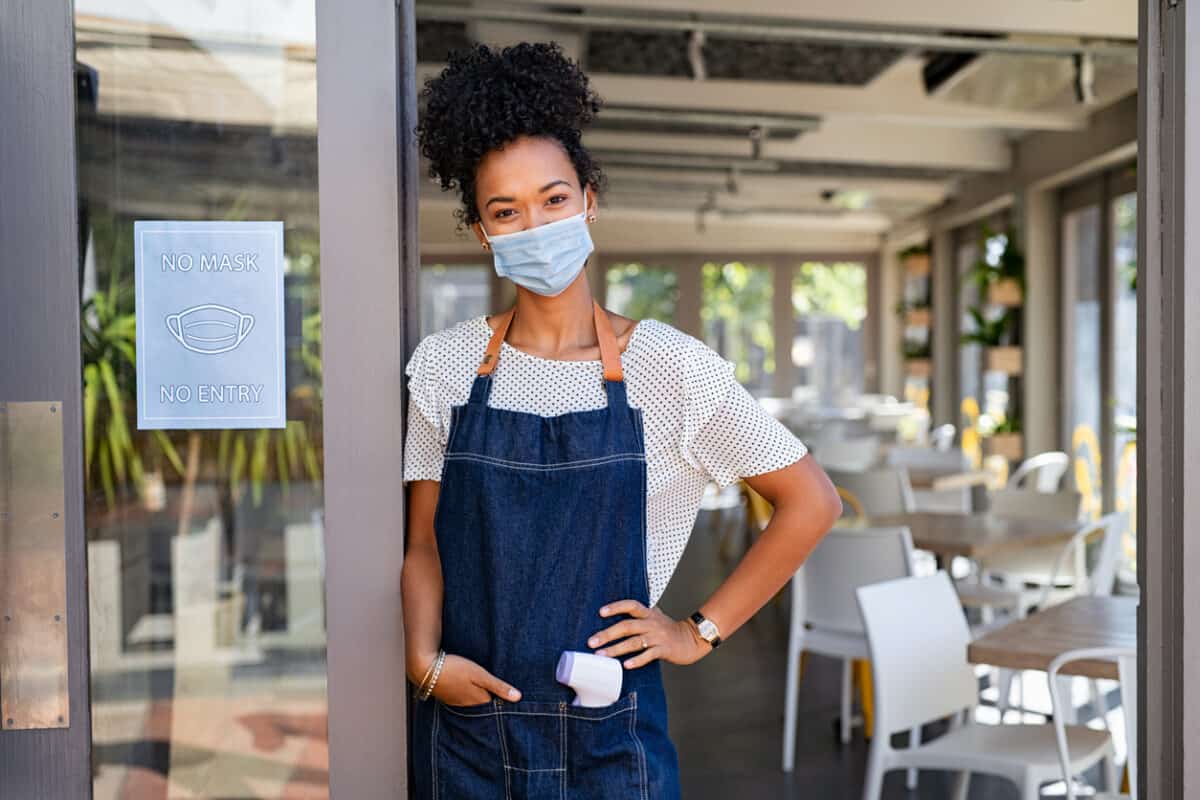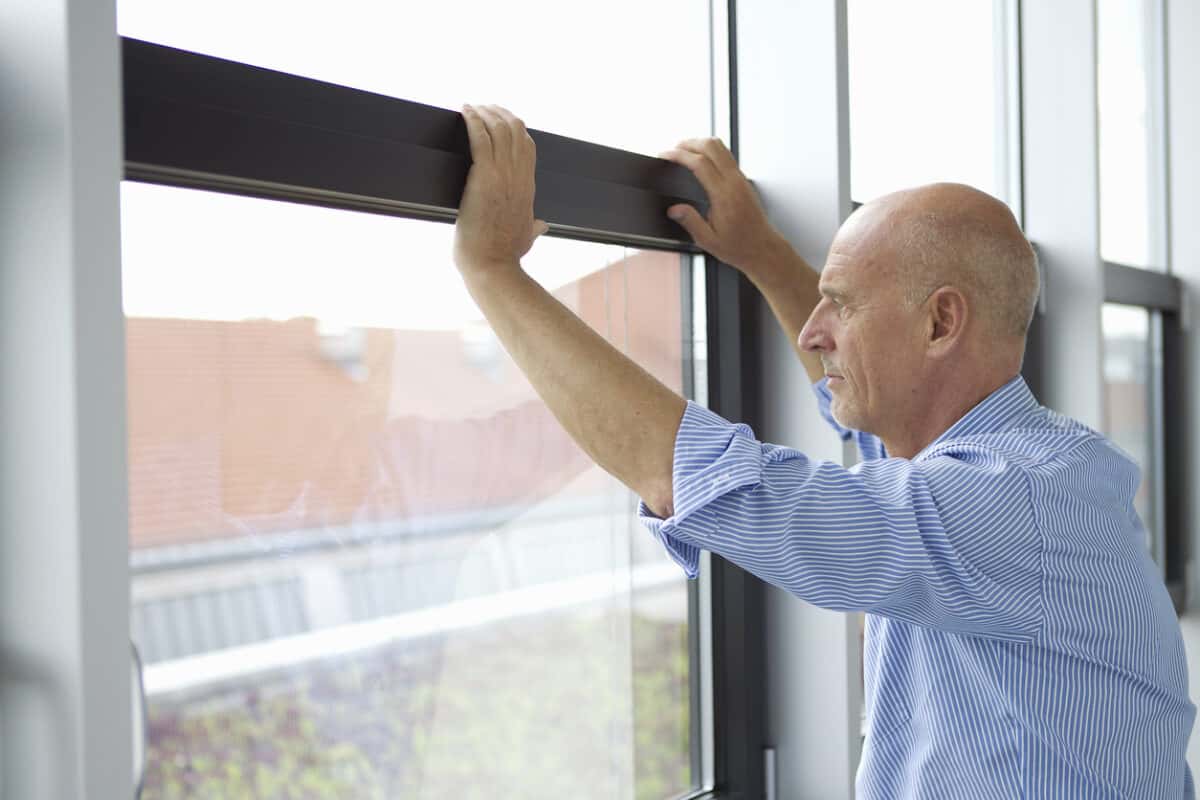The reopening of workplaces in some Australian States is causing alarm over potential violence and abuse from those who do not meet or choose not to meet the new COVID-19 access requirements. This is perhaps most succinctly put in a recent article in The Guardian (paywalled) asking “… who will enforce rules for unvaccinated customers” – a question with which many employers are struggling.
The article discussed the expectations of employers about the rules or public health orders that they are expected to enforce but also about who can they call on if there is trouble, given there are mixed messages from the New South Wales government, in particular. (If “unprecedented” was the most used word in 2020, “mixed messages” may be the 2021 equivalent)
The enforcement question is being faced by all workplaces in all States that need to reopen under COVID-19 restrictions.







